What is BP?As we know,BP is one of the vital signs of our life, and through this article, let's have a basic understanding of blood pressure together so that we can better understand our physical condition.
Basic Knowledge of BP
BP is an important indicator that reflects the function and status of our cardiovascular system. It refers to the lateral pressure exerted by blood flowing through blood vessels on the vessel walls. Understanding the basics of blood pressure helps us better monitor and maintain our health.
BP is usually composed of two numbers:
-
Systolic Blood Pressure (High Blood Pressure): The pressure exerted on the blood vessel walls by blood when the heart contracts.
-
Diastolic Blood Pressure (Low Blood Pressure): The pressure exerted on the blood vessel walls by blood when the heart relaxes.
These two numbers together reflect the state of blood pressure and are important bases for assessing cardiovascular health.
Normal Range of BP
The normal range of blood pressure is as follows:
-
Ideal Blood Pressure: 120/80 mmHg
-
Normal Blood Pressure: 130/85 mmHg
-
Elevated Blood Pressure: 130-139/85-89 mmHg
People with ideal BP levels have a relatively low risk of cardiovascular disease. Generally speaking, young people, those who exercise regularly, and individuals maintaining a healthy lifestyle are more likely to have ideal BP. Those in the prehypertension range should not panic either; they should continue to maintain a healthy lifestyle to prevent their BP from rising further.
What is the rhythm of BP?
BP rhythm mainly refers to the changing pattern of human BP within a 24-hour period. Normal BP rhythm is characterized by a "two peaks and one trough" pattern.
"Two Peaks and One Trough" Pattern:
-
Daytime Peaks:
Generally, there are two peaks in BP during the day, occurring usually between 6 AM and 10 AM, and between 4 PM and 8 PM. This is related to the body's biological clock and activity patterns. During these periods, the body is active, the sympathetic nervous system is excited, cardiac output increases, peripheral vessels constrict, leading to elevated BP.
-
Nighttime Trough:
During sleep at night, BP typically drops, generally by 10% - 20% compared to daytime levels. At night, the body is at rest, sympathetic nervous system activity decreases, parasympathetic nervous system activity relatively increases, heart rate slows down, peripheral vessels dilate, and BP correspondingly decreases.
Why should BP be checked?
BP monitoring is crucial for maintaining human health due to the following reasons:
1.Early detection of hypertension(HTN):
HTN often has no noticeable symptoms, but if left uncontrolled, it can lead to serious health issues such as heart disease, stroke, kidney disease, etc. Regular BP monitoring allows early detection of HTN, enabling necessary treatment and management measures to be taken.
2.Evaluation of treatment effectiveness:
For patients who have been diagnosed with HTN, regular BP monitoring helps assess the effectiveness of treatment, ensuring the efficacy of the treatment plan. Doctors can adjust medication dosages or treatment plans based on BP changes to achieve optimal treatment results.
3.Prevention of cardiovascular diseases
Cardiovascular diseases are one of the leading causes of death worldwide. By monitoring BP, HTN can be identified and controlled in time, thereby reducing the risk of developing cardiovascular diseases.

4.Guidance for lifestyle adjustments:
In addition to medication, lifestyle adjustments are also important means of controlling BP. Regular BP monitoring reminds patients to pay attention to their lifestyles, such as diet, exercise, sleep, etc., prompting them to make positive changes.
5.Understanding overall health status:
BP is an important indicator reflecting the function and state of the cardiovascular system. Through BP monitoring, patients' overall health status can be understood, providing doctors with important diagnostic basis.
Therefore, both healthy individuals and those who have been diagnosed with HTN should regularly monitor their BP to ensure their cardiovascular health. The Lefy Ring X can help anyone monitor BP, if abnormal BP is detected, medical attention should be sought promptly and professional treatment received.
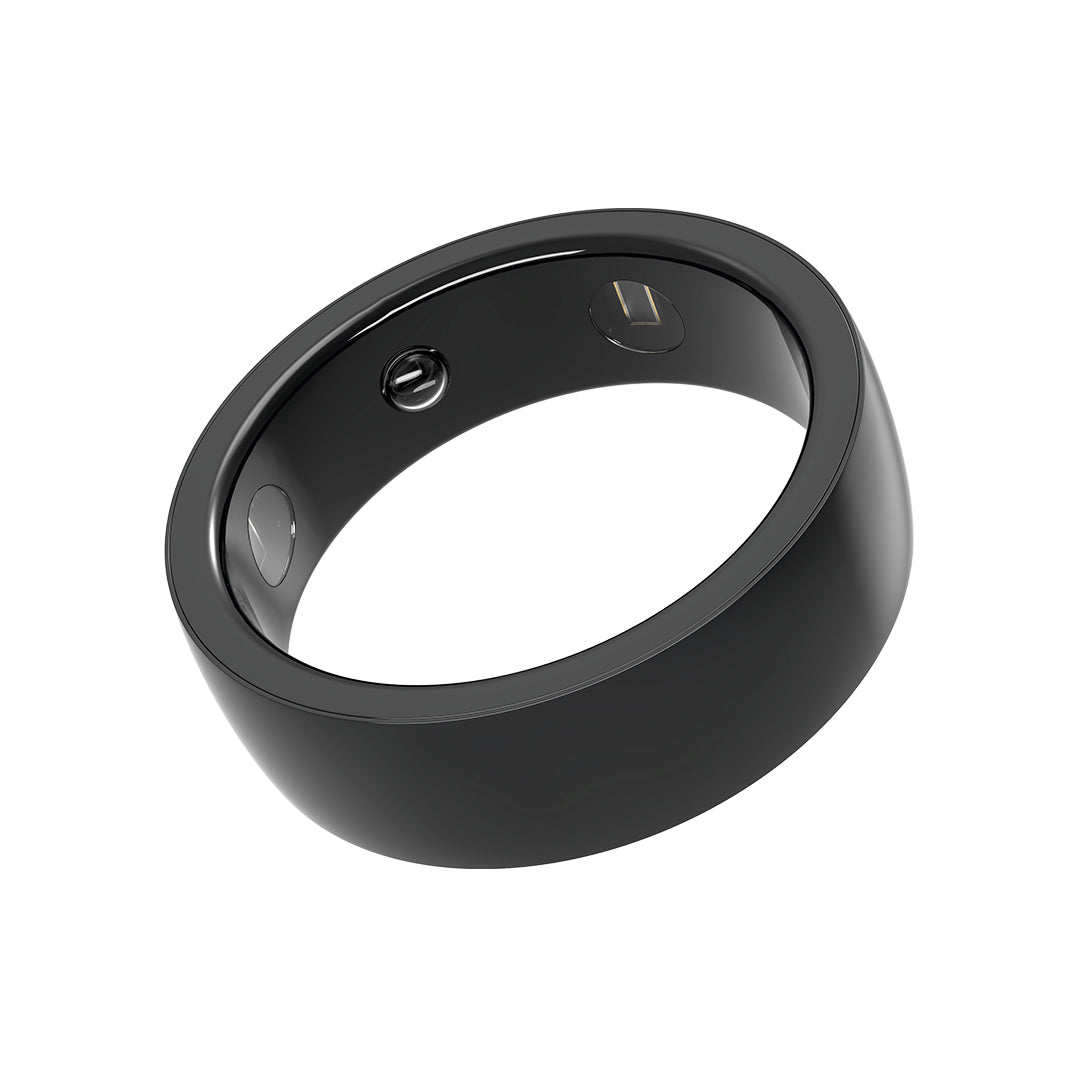
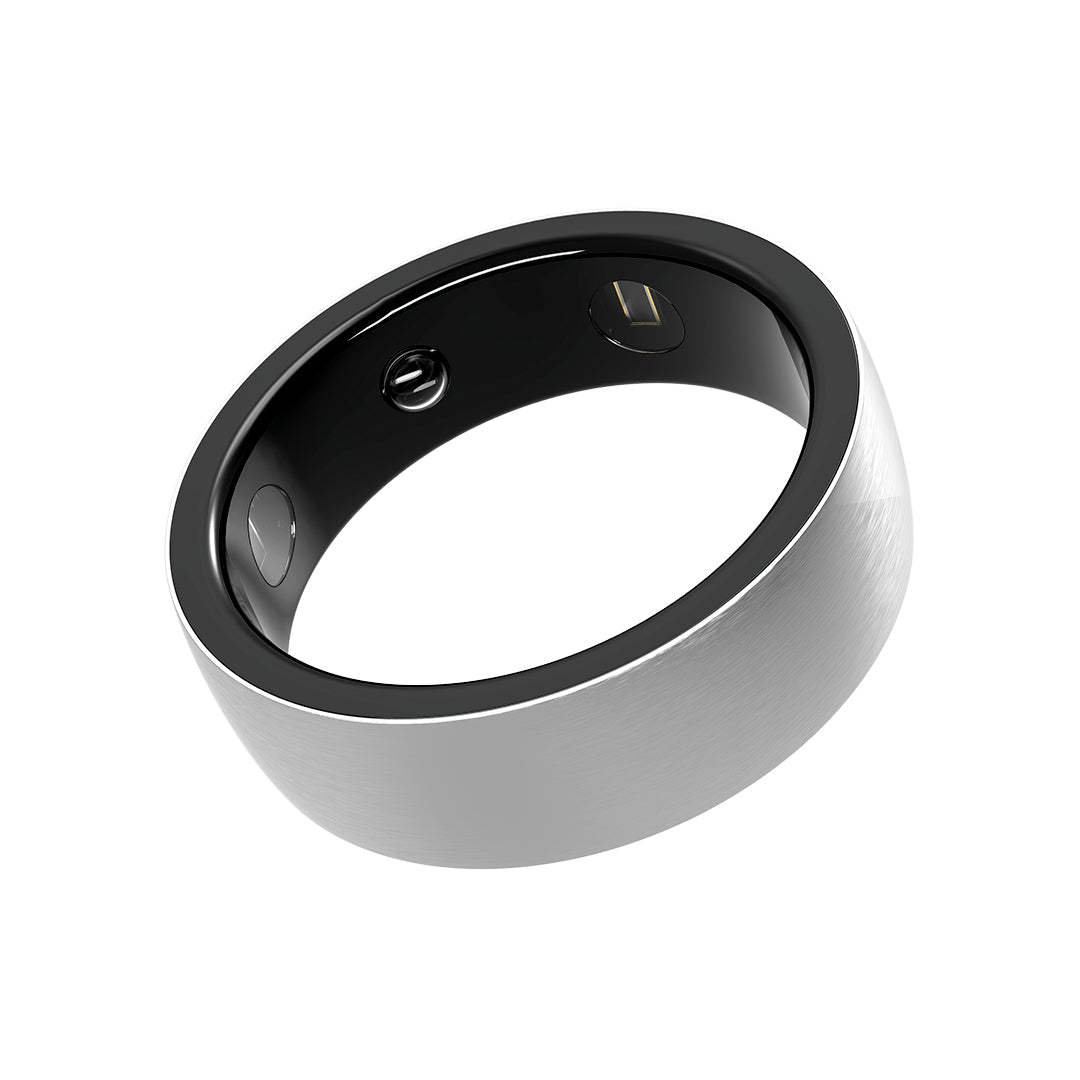
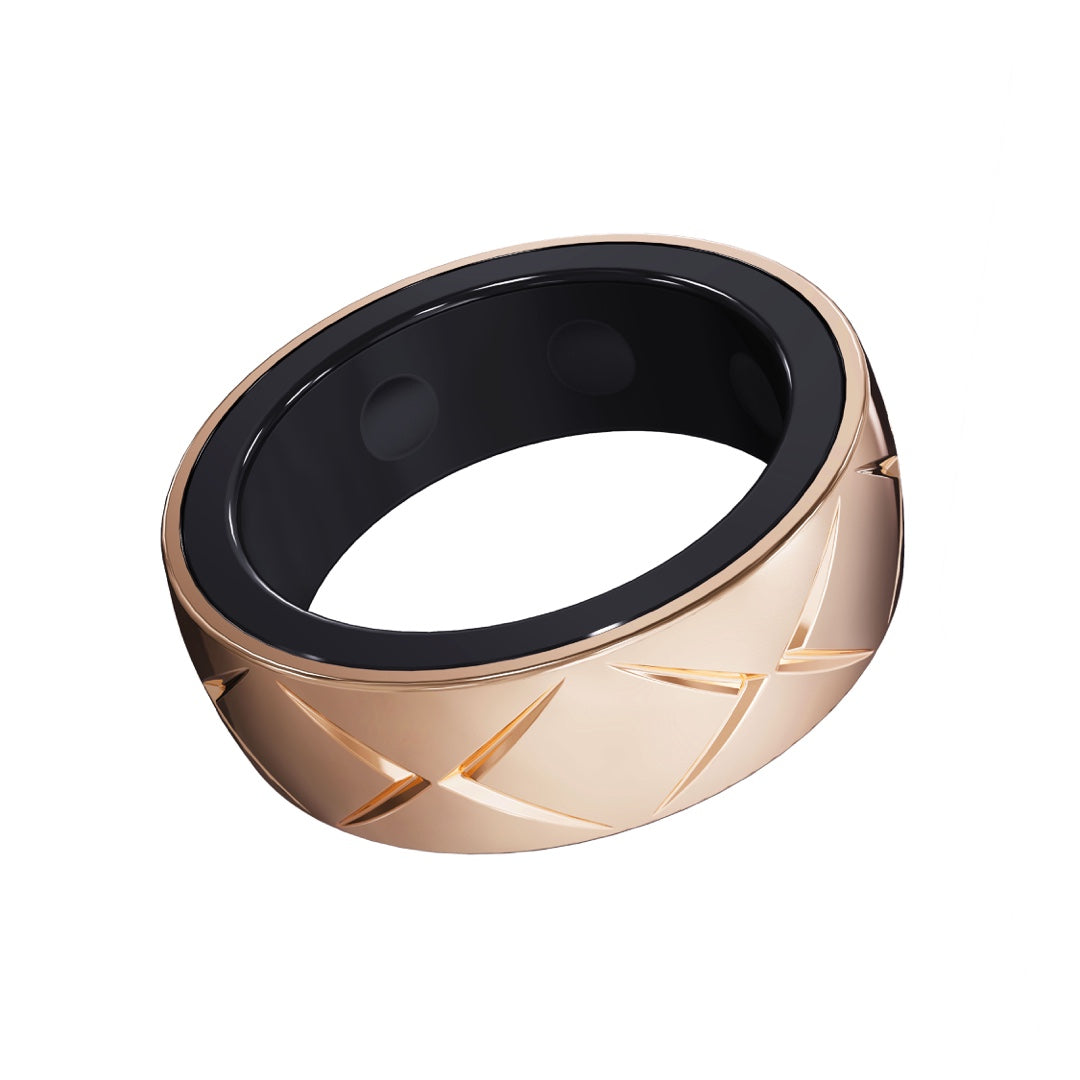
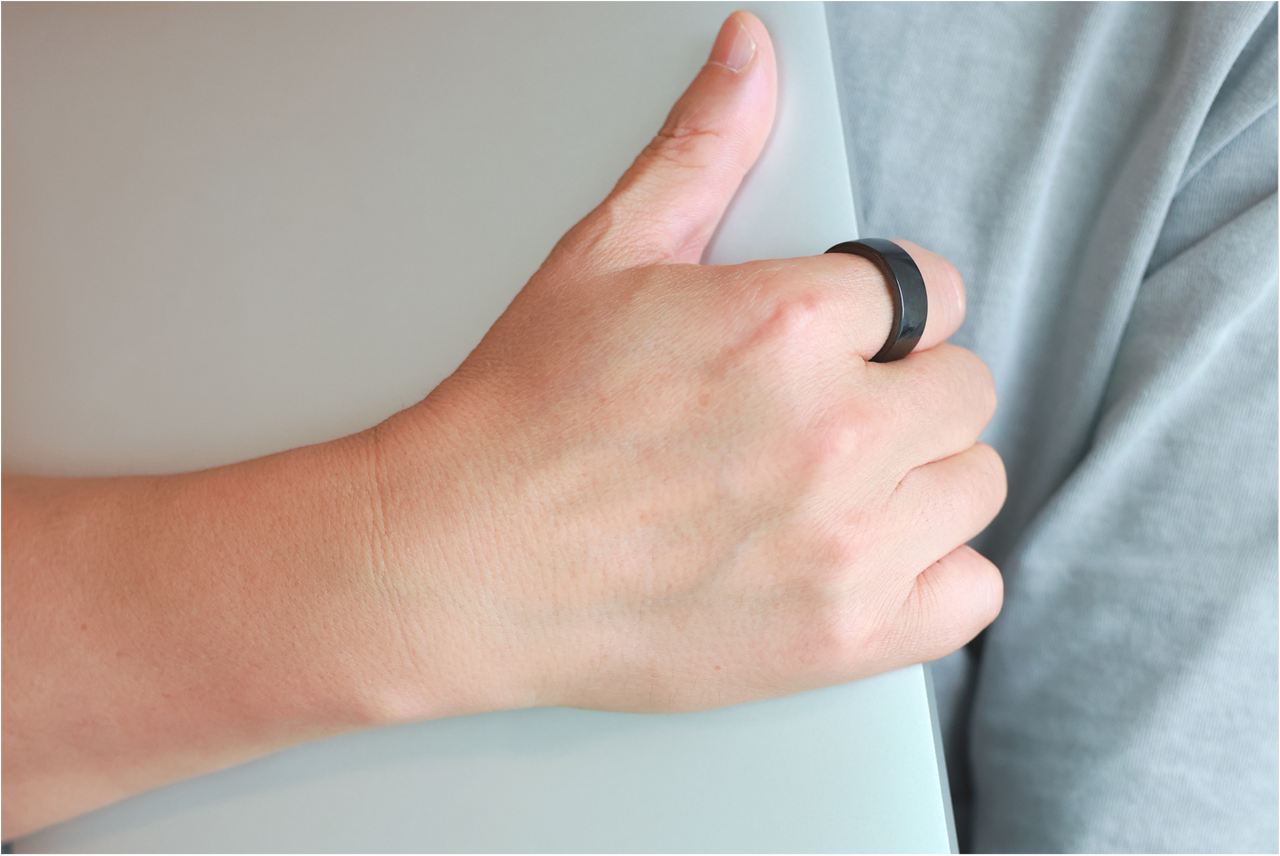
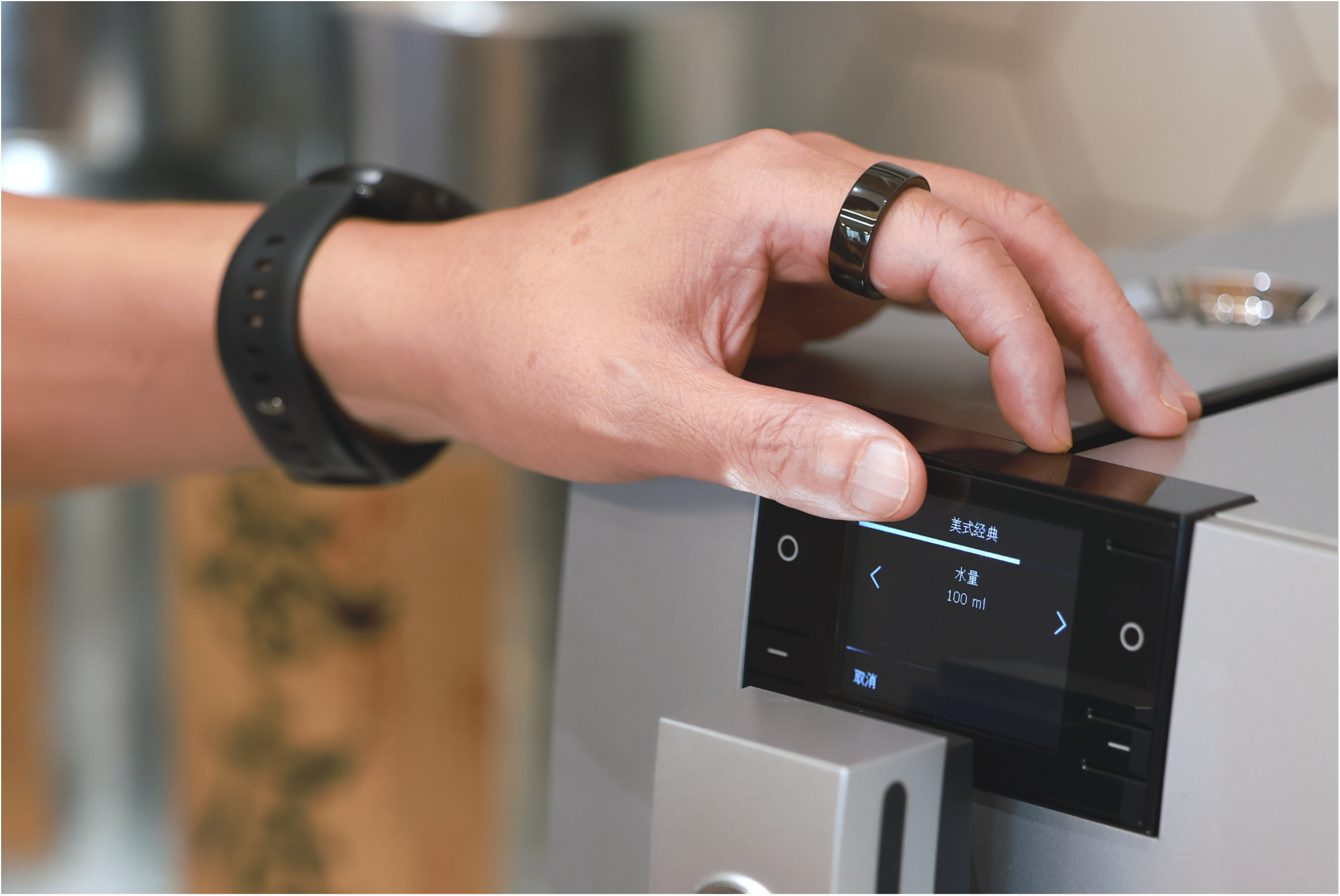
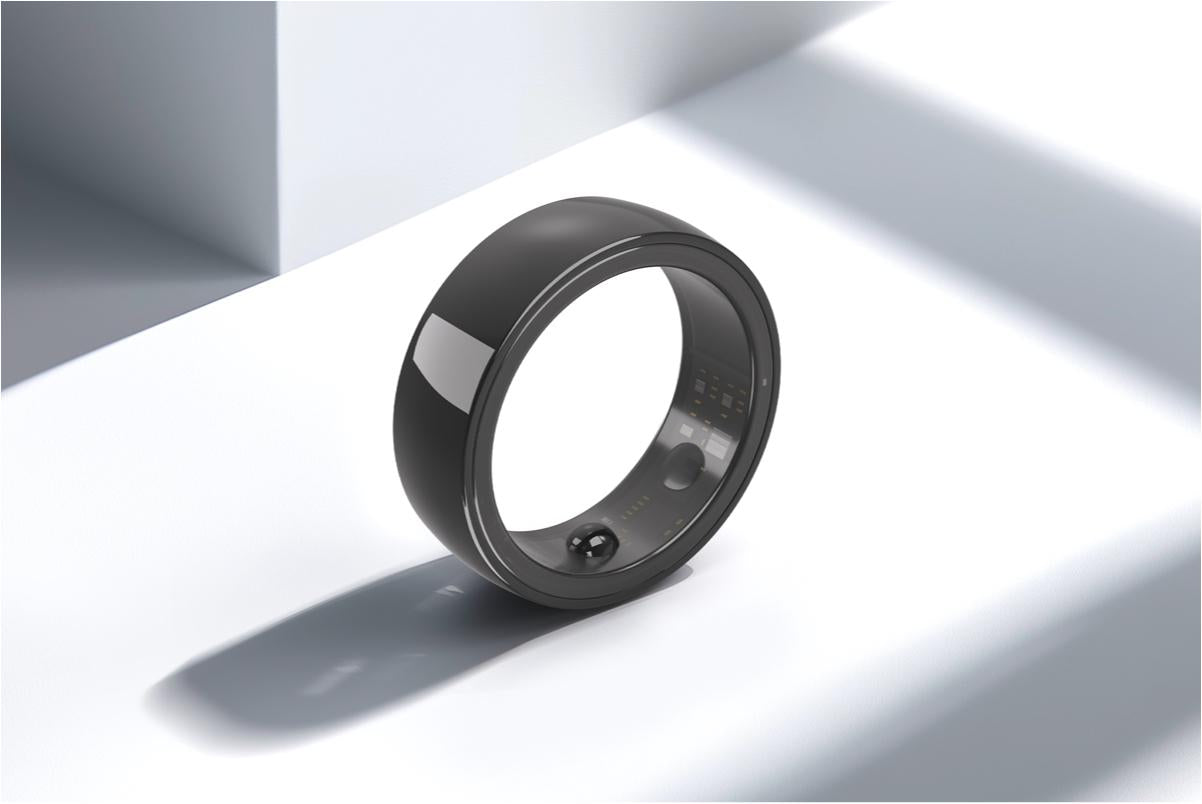
Leave a comment
All comments are moderated before being published.
This site is protected by hCaptcha and the hCaptcha Privacy Policy and Terms of Service apply.